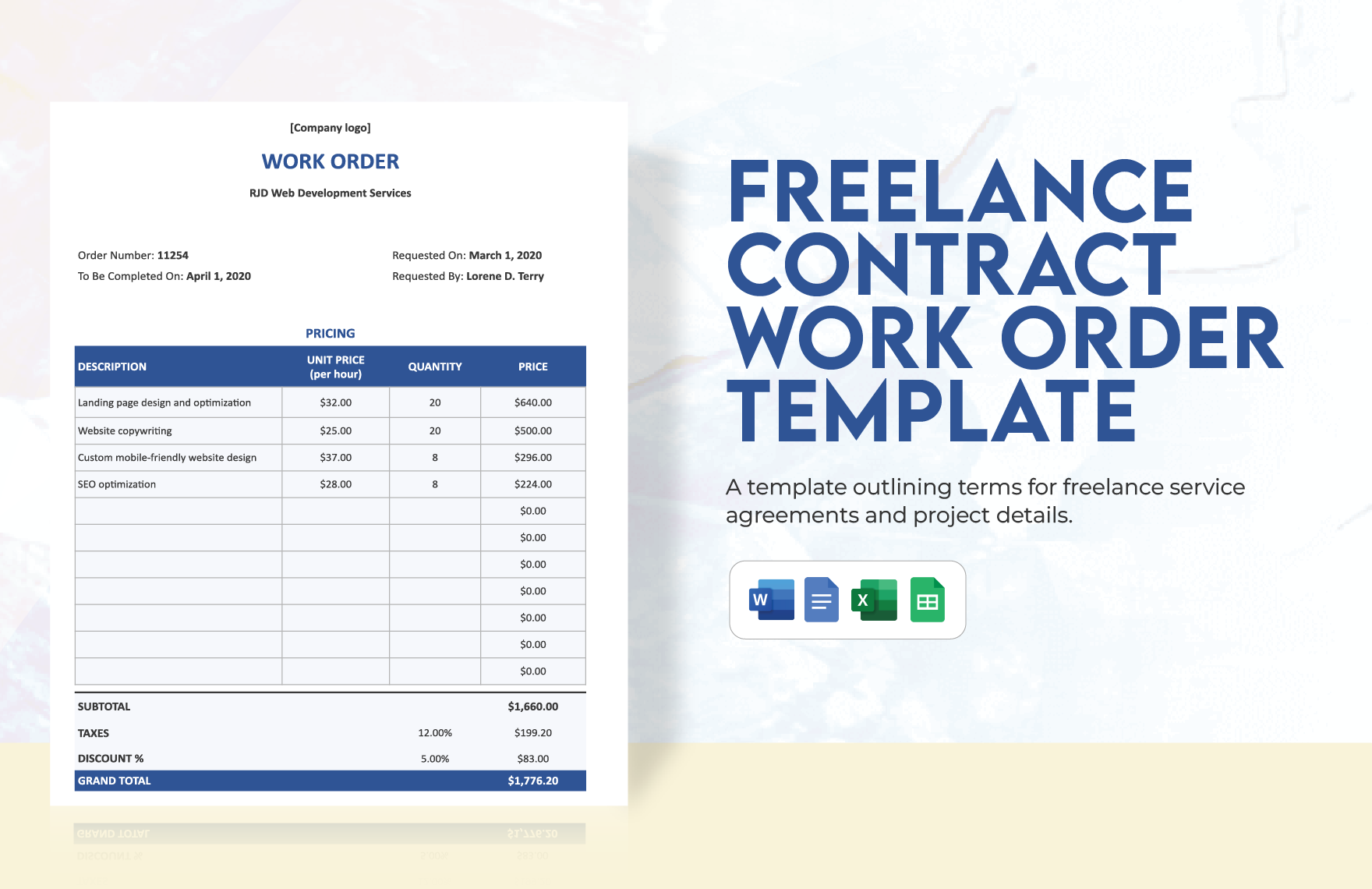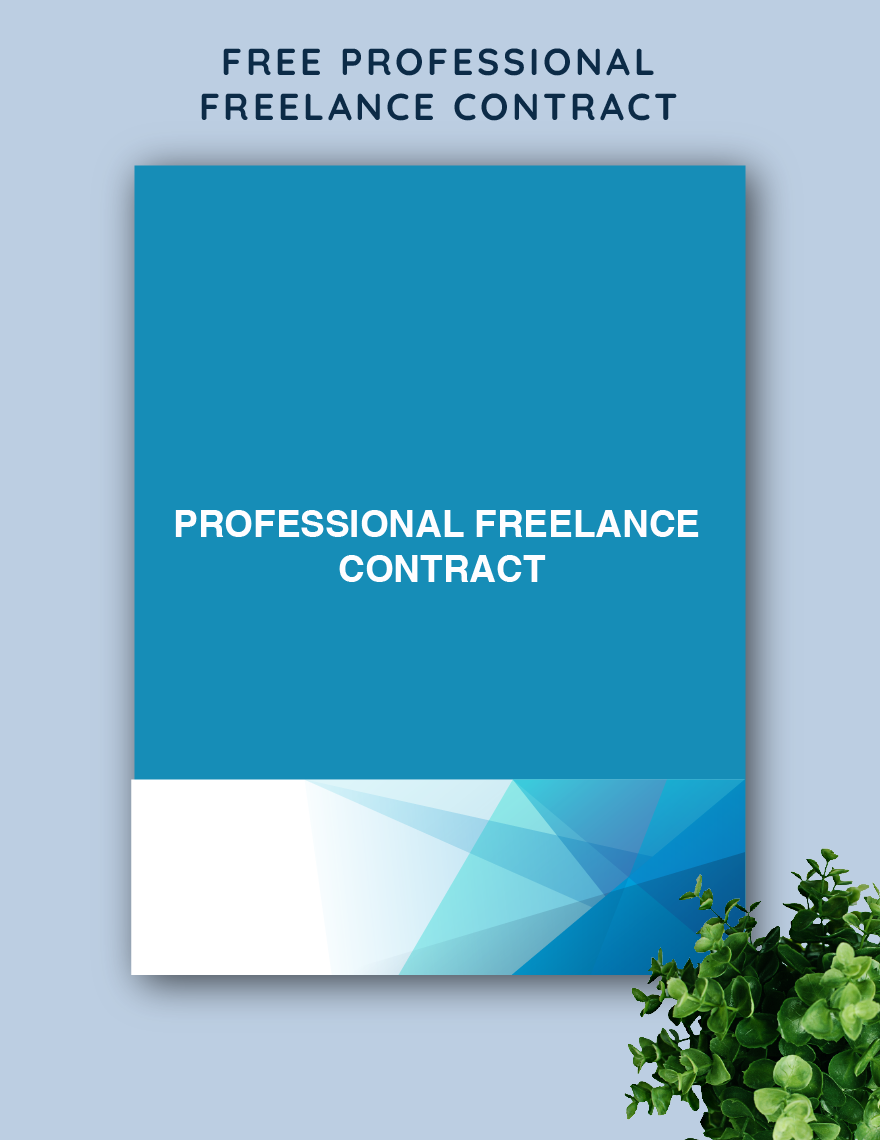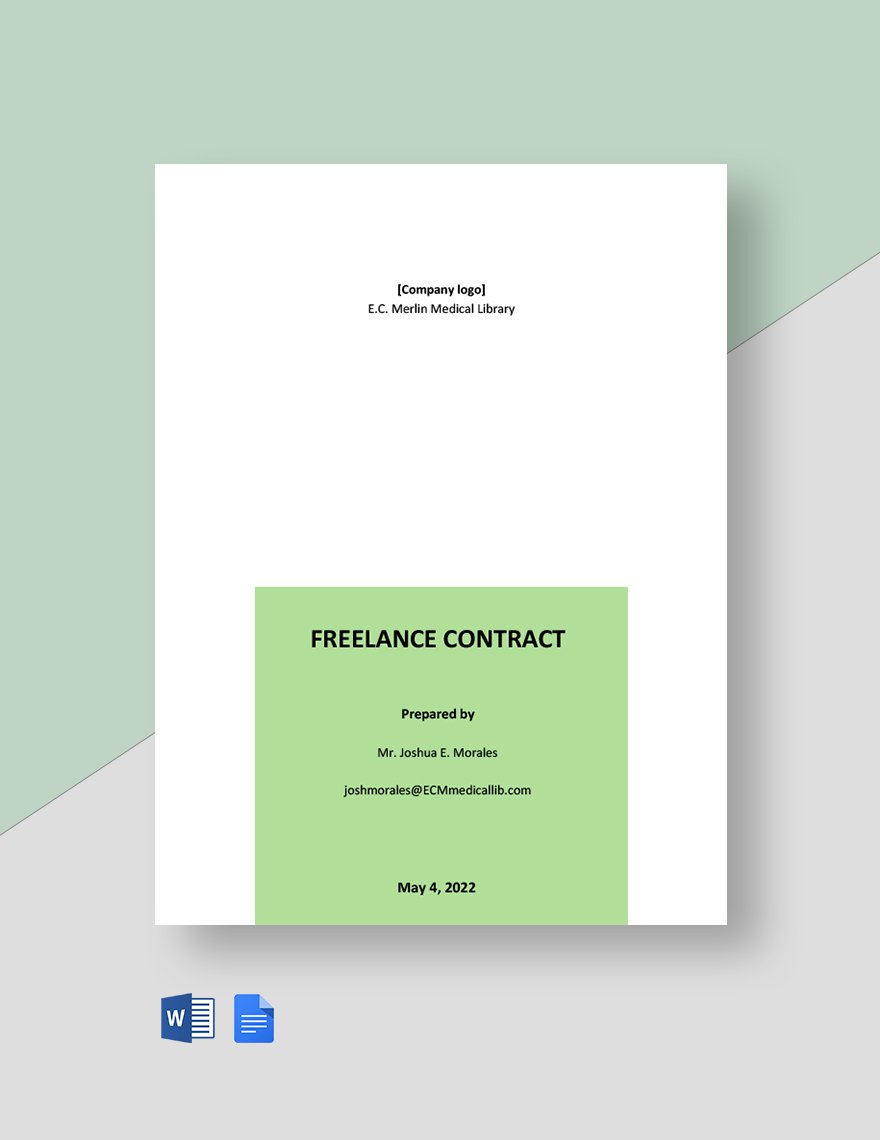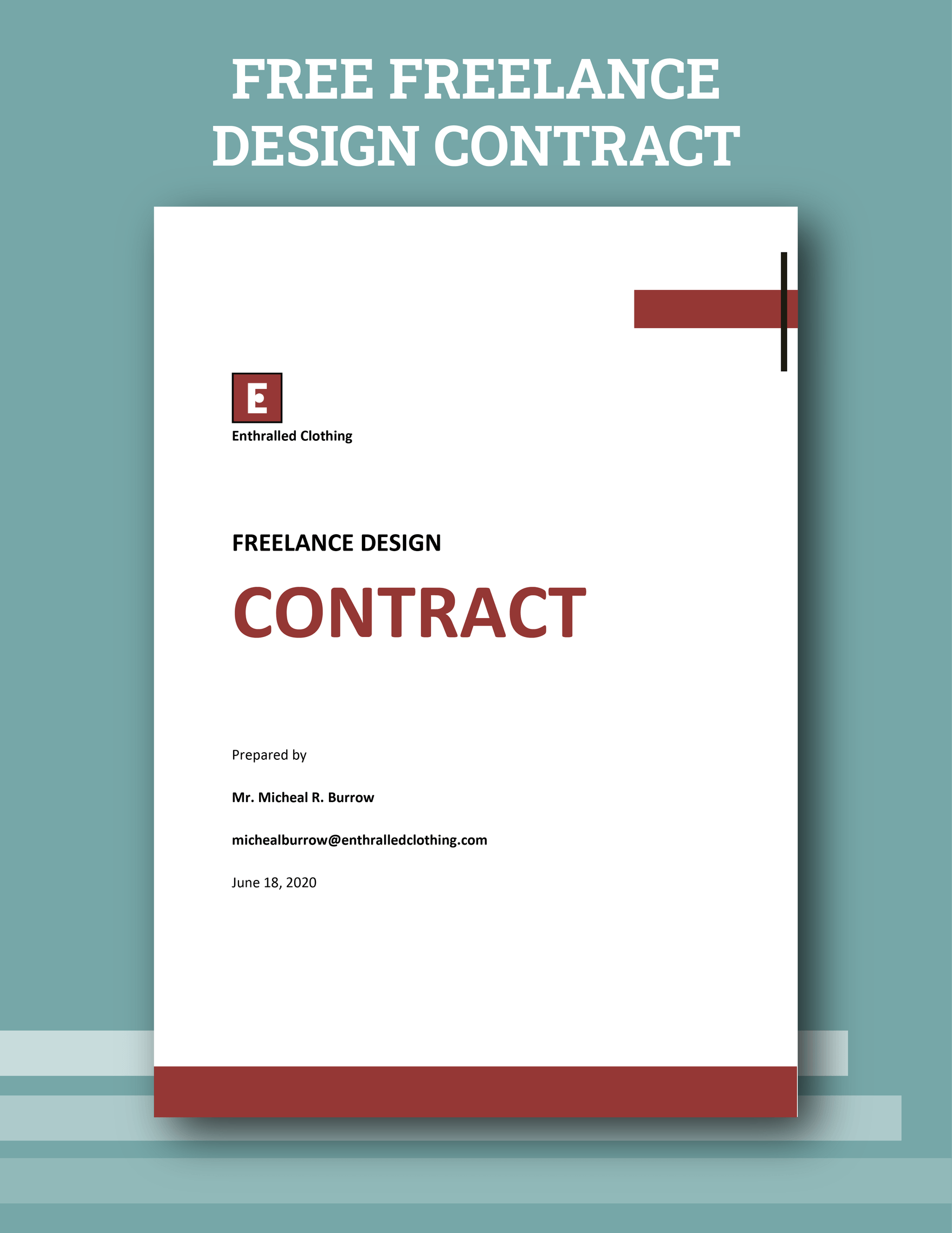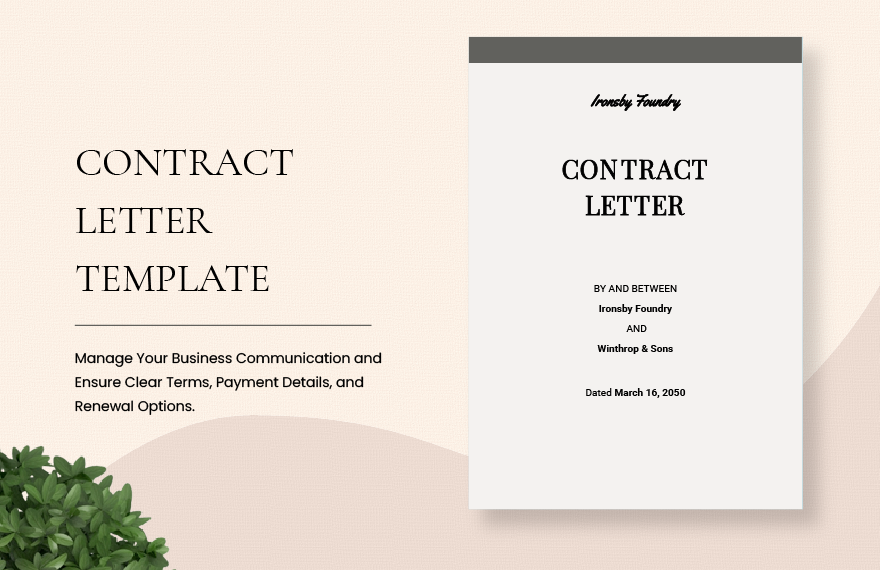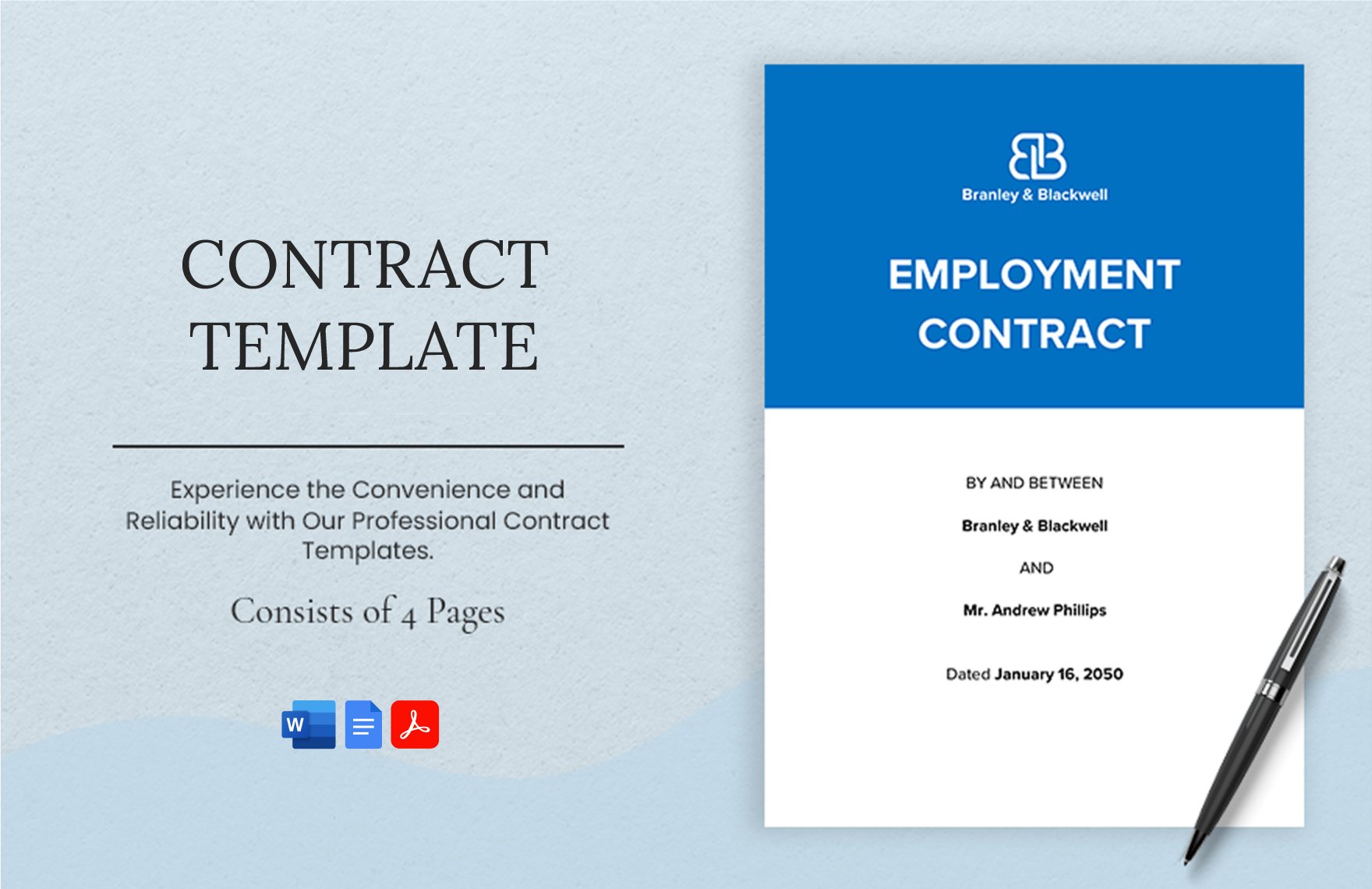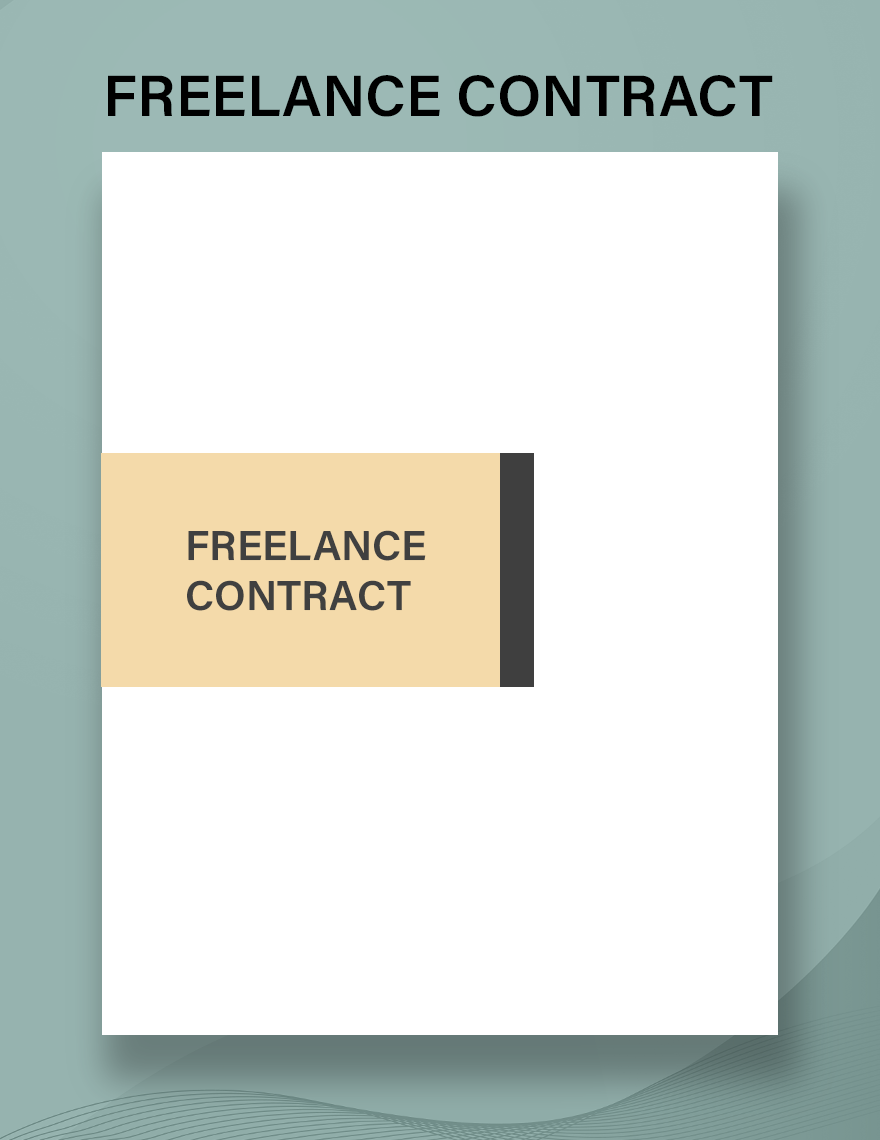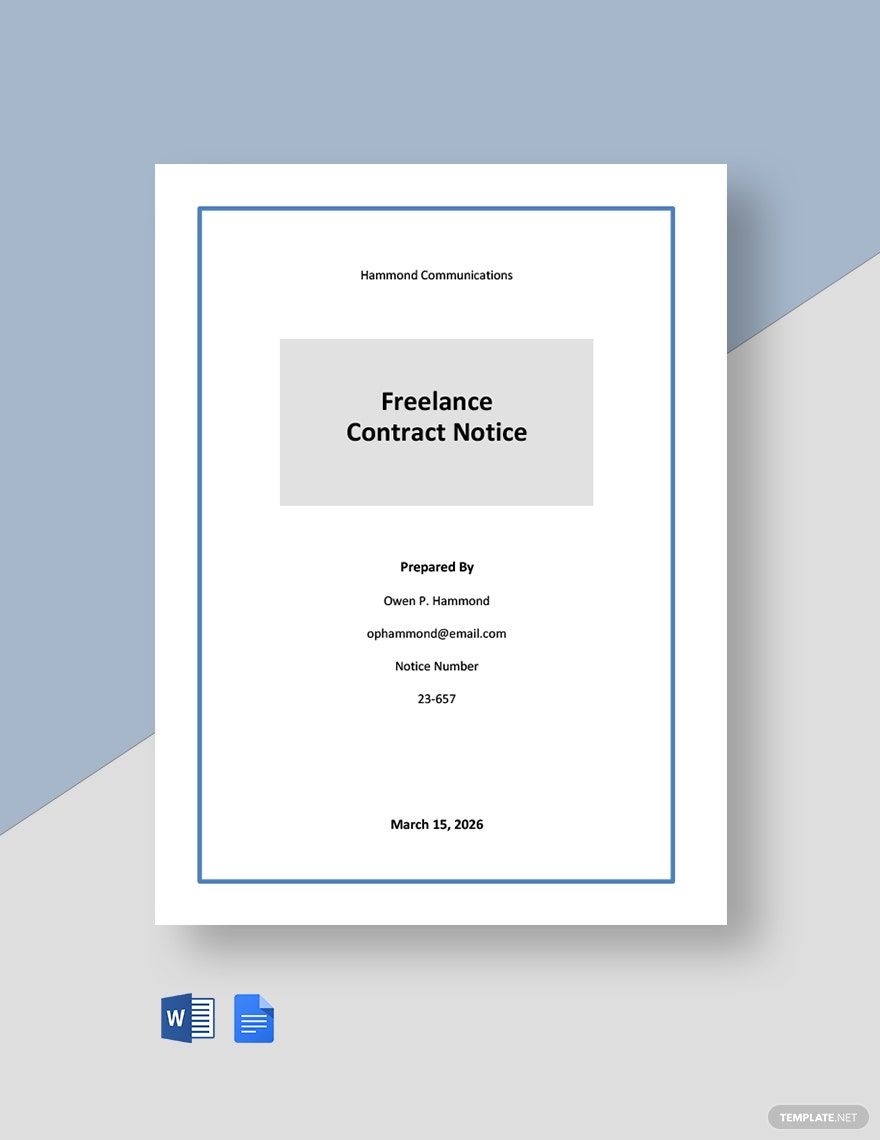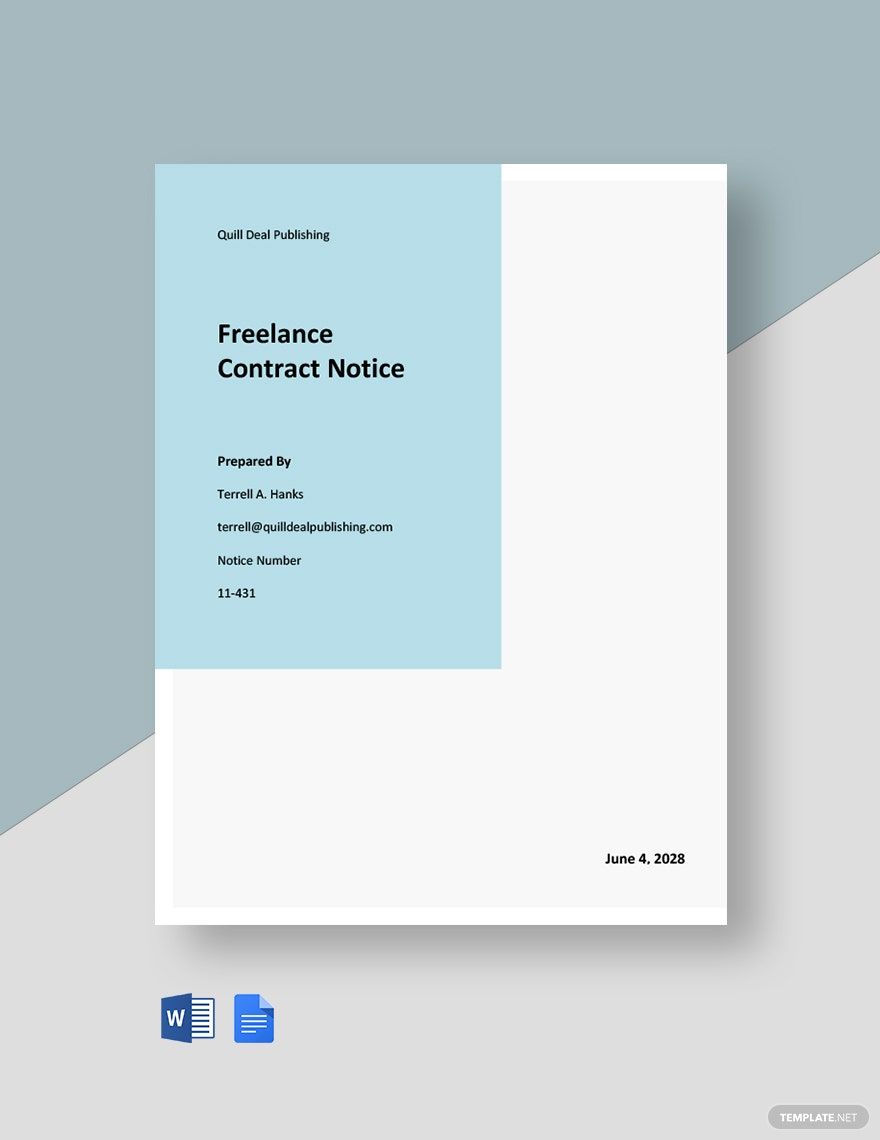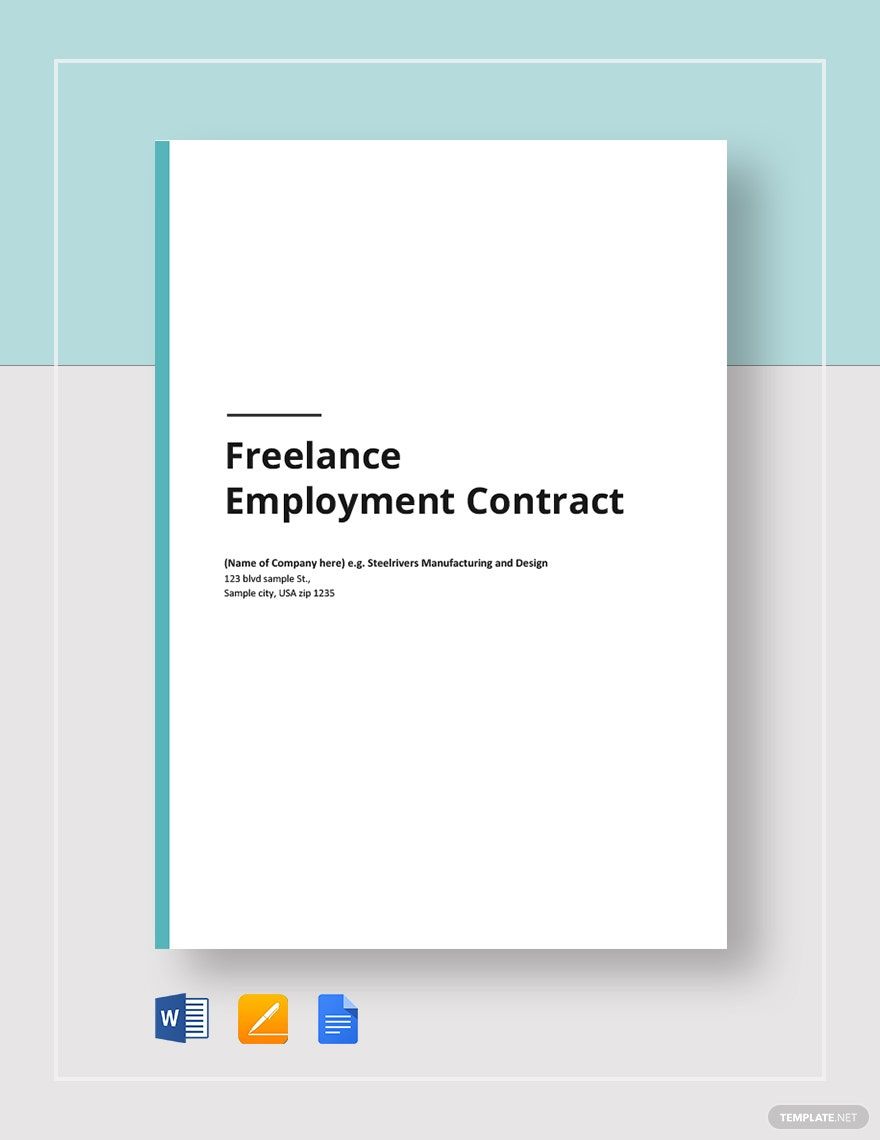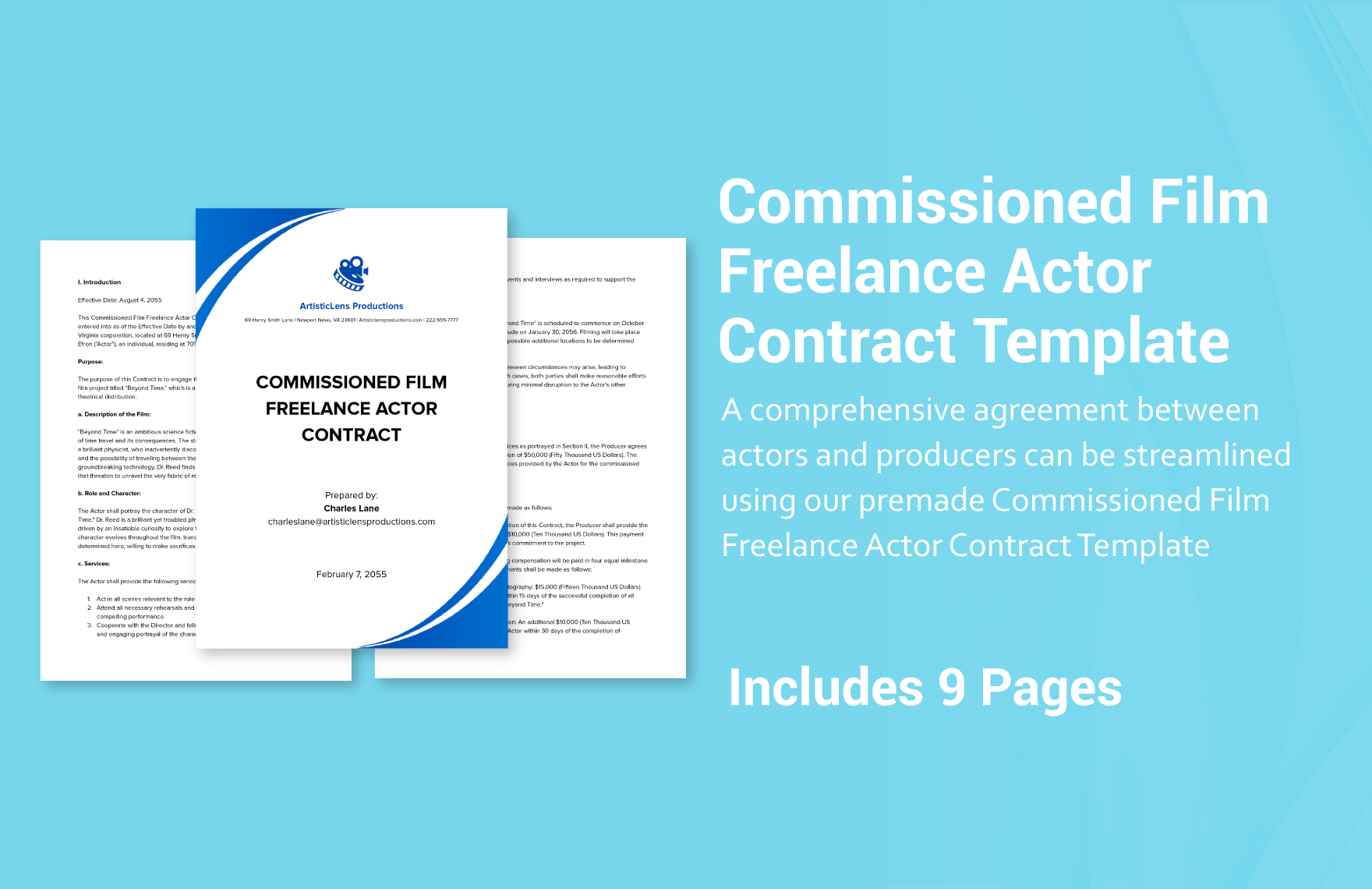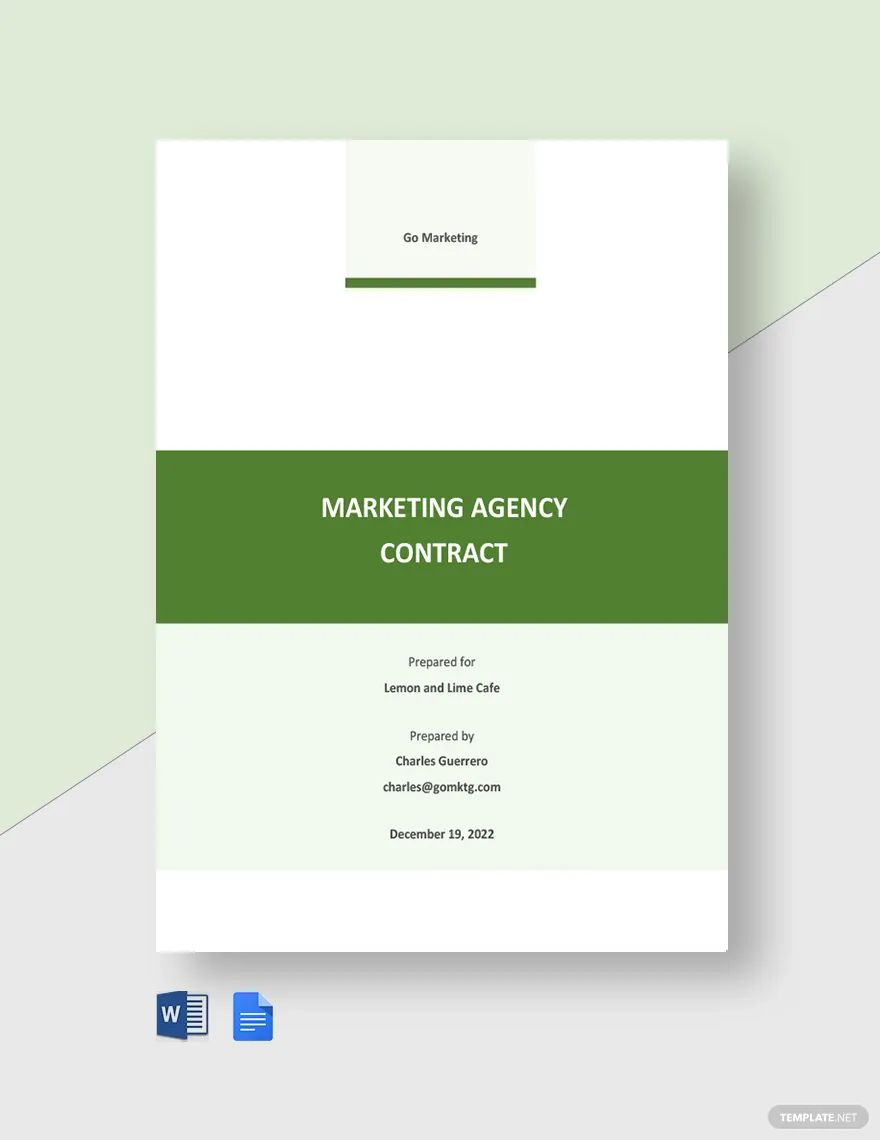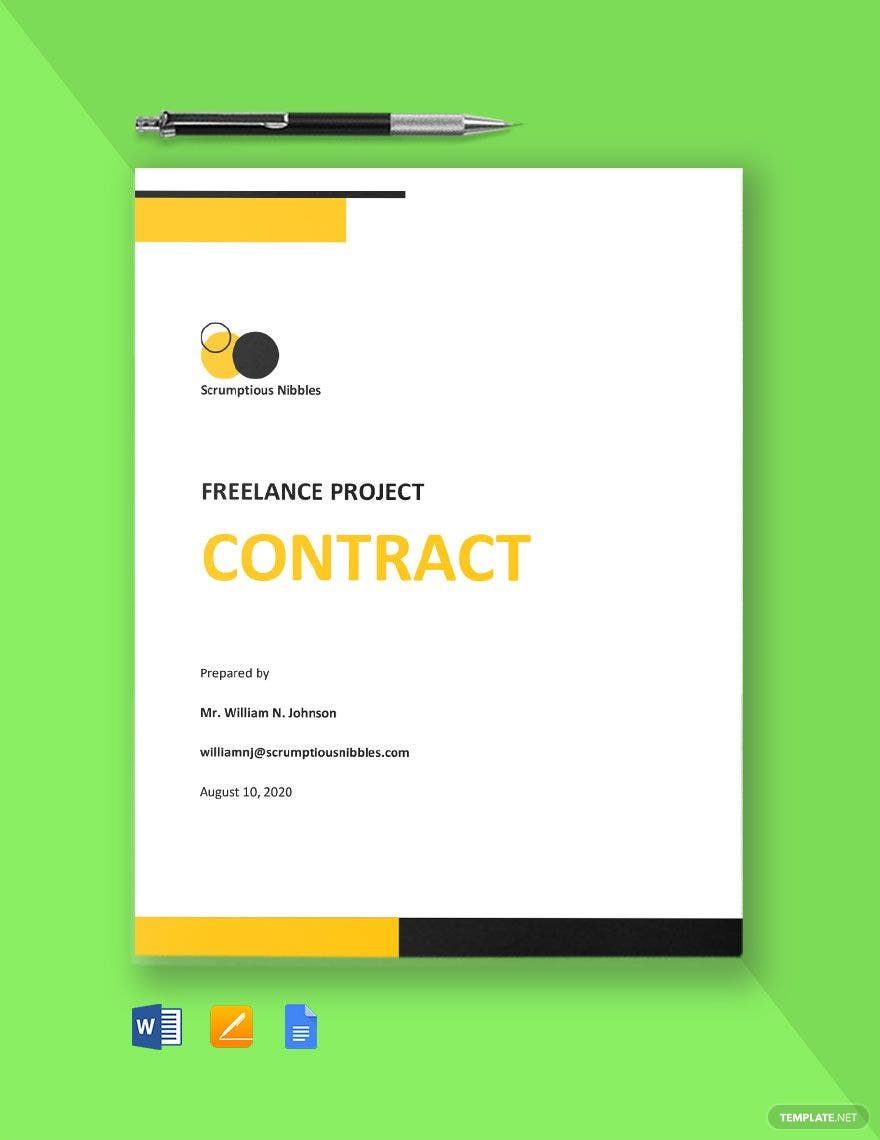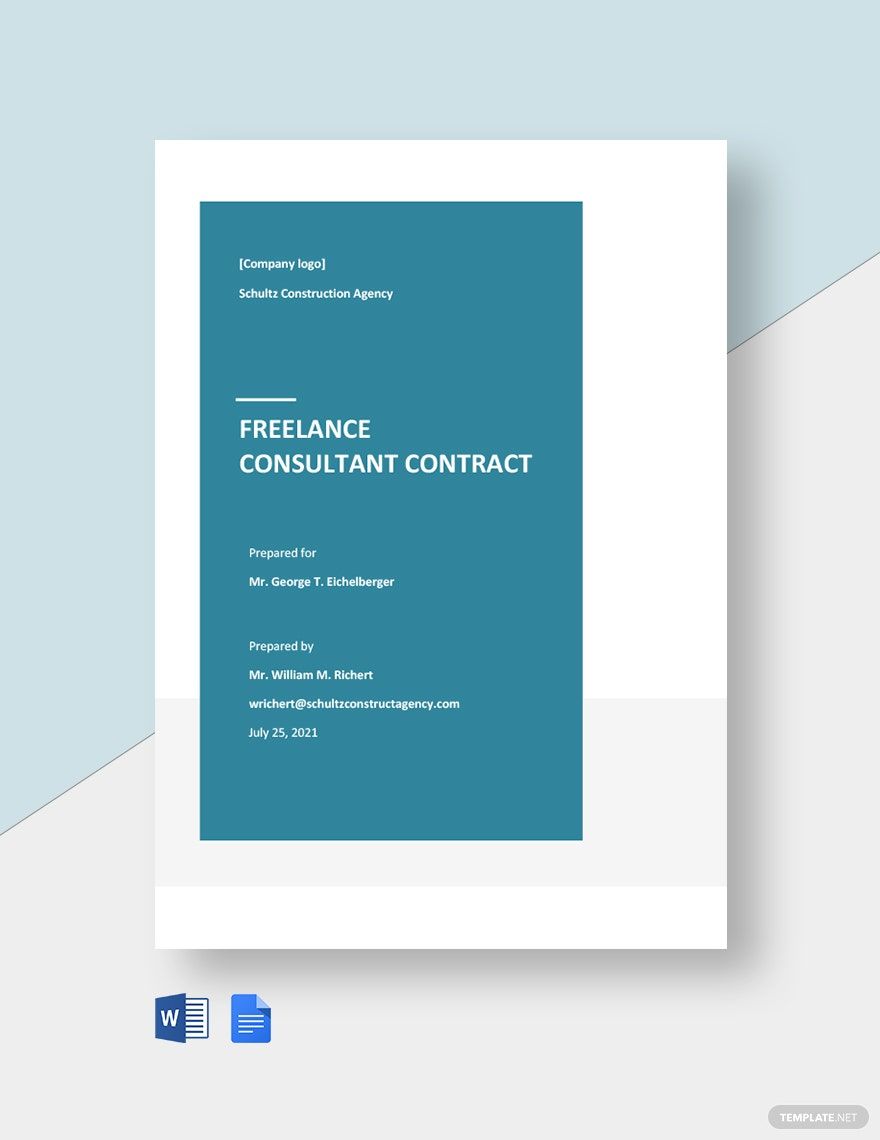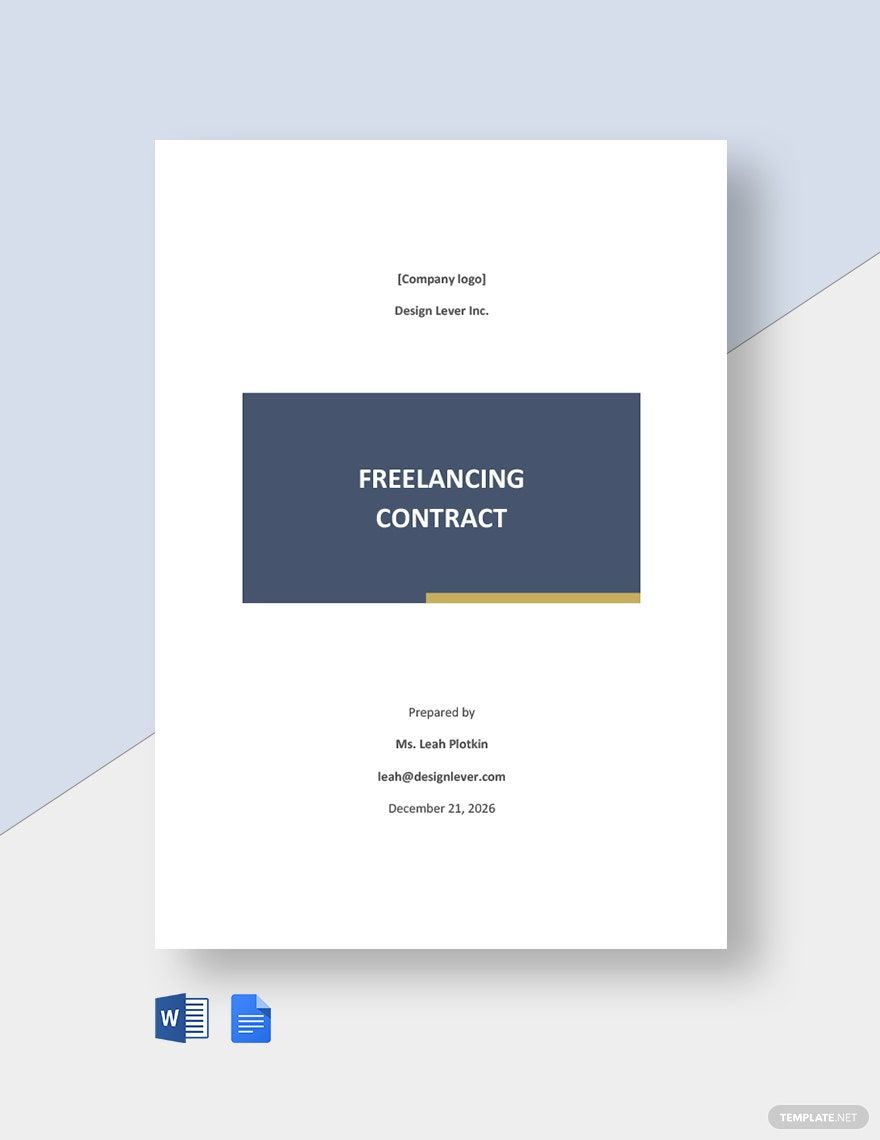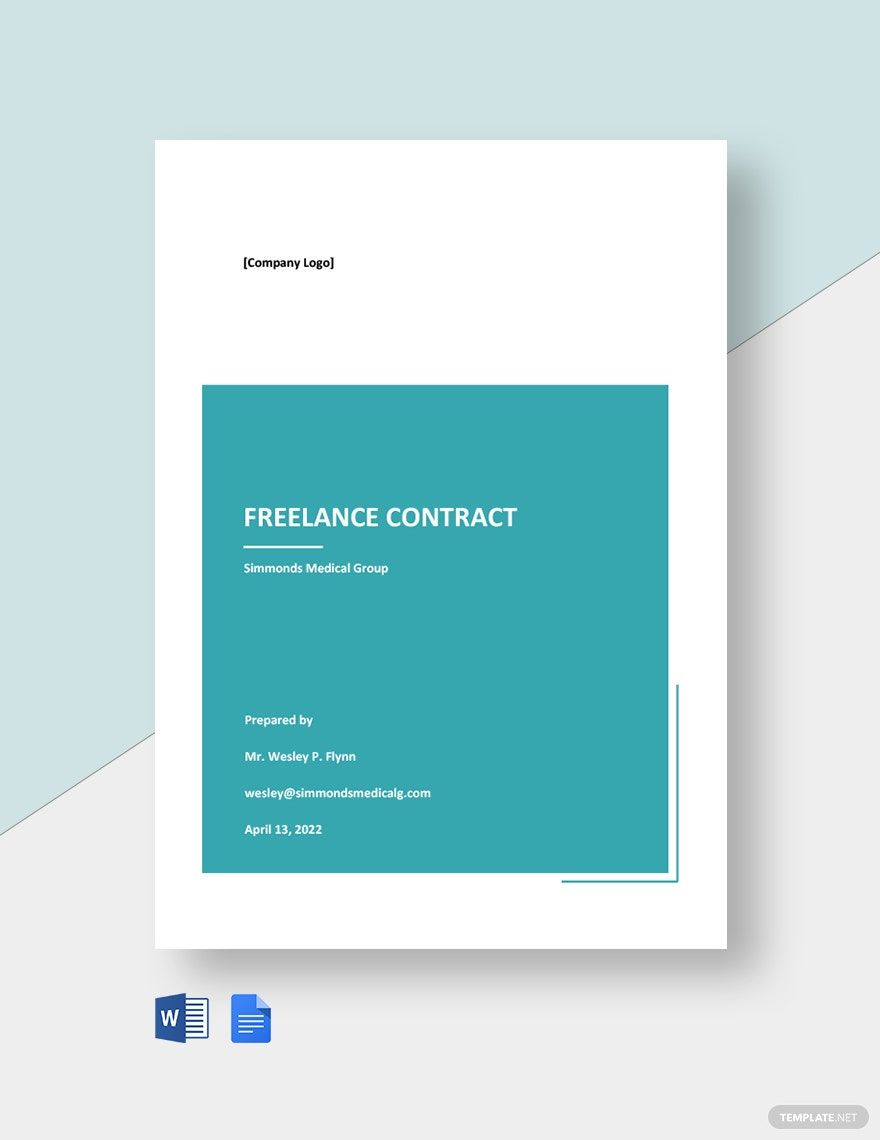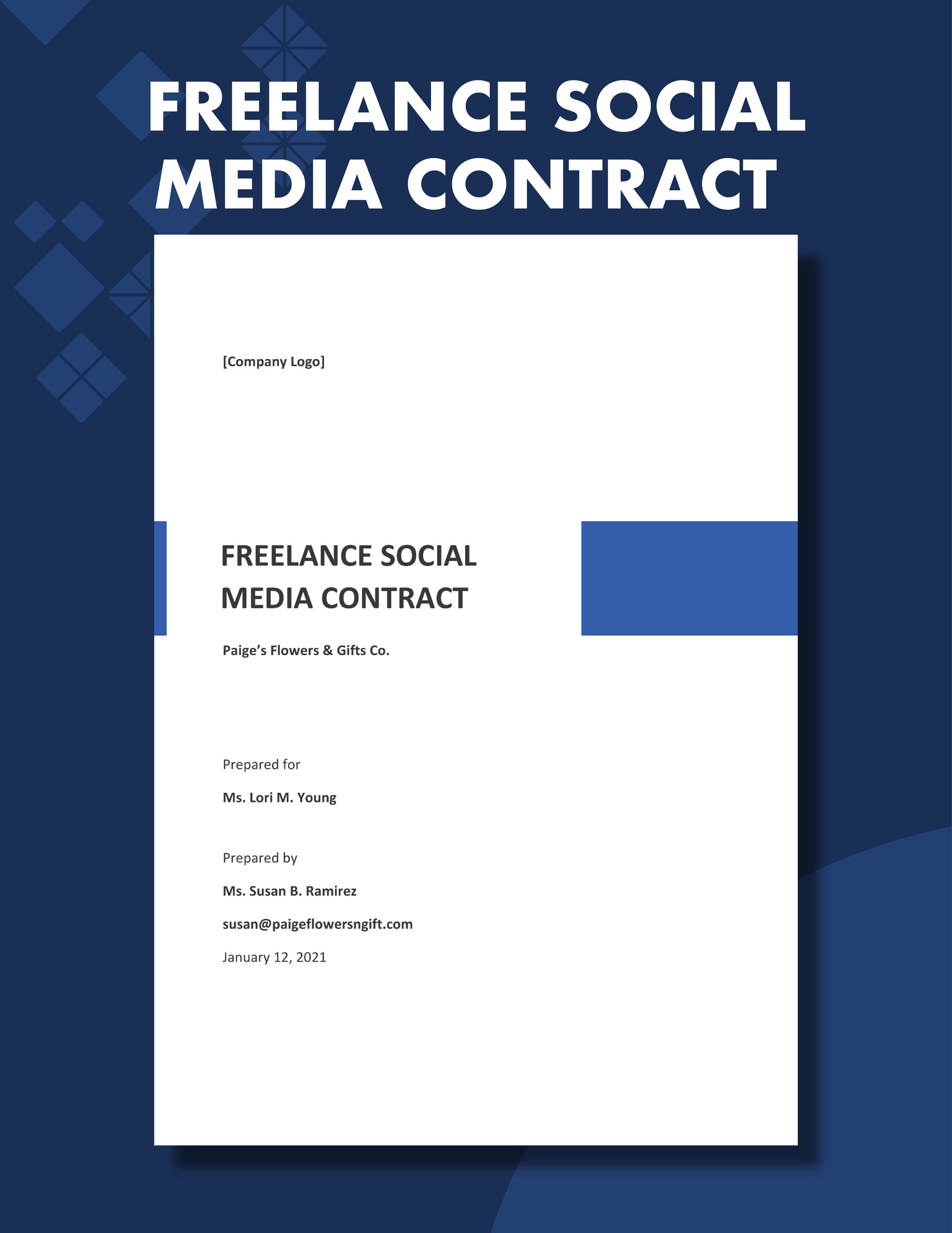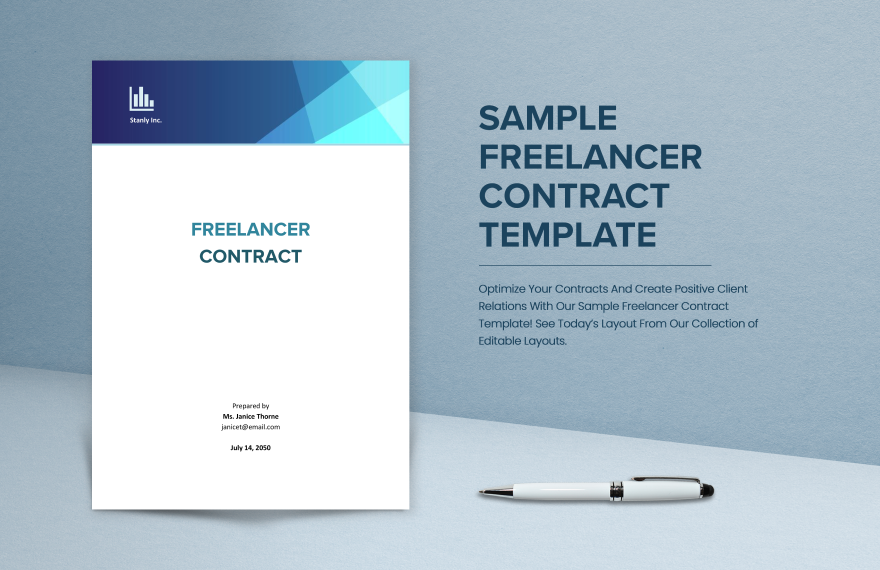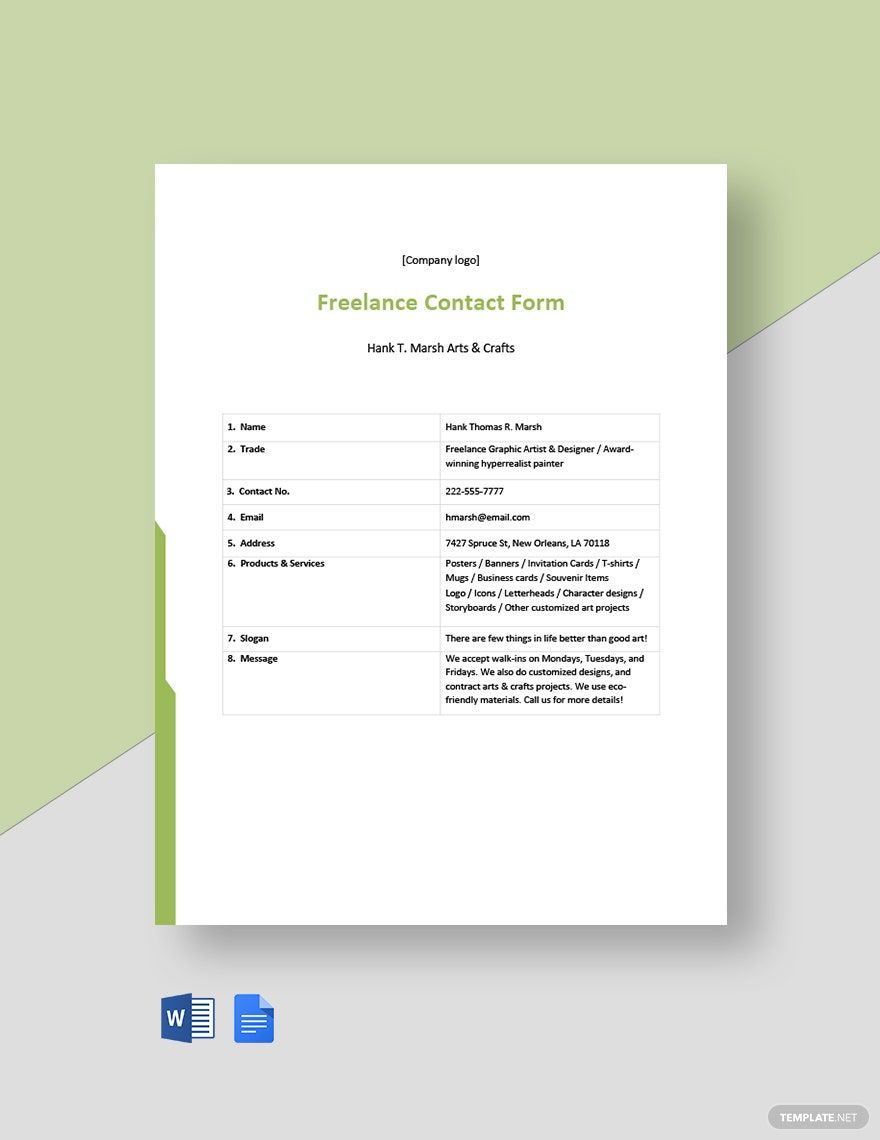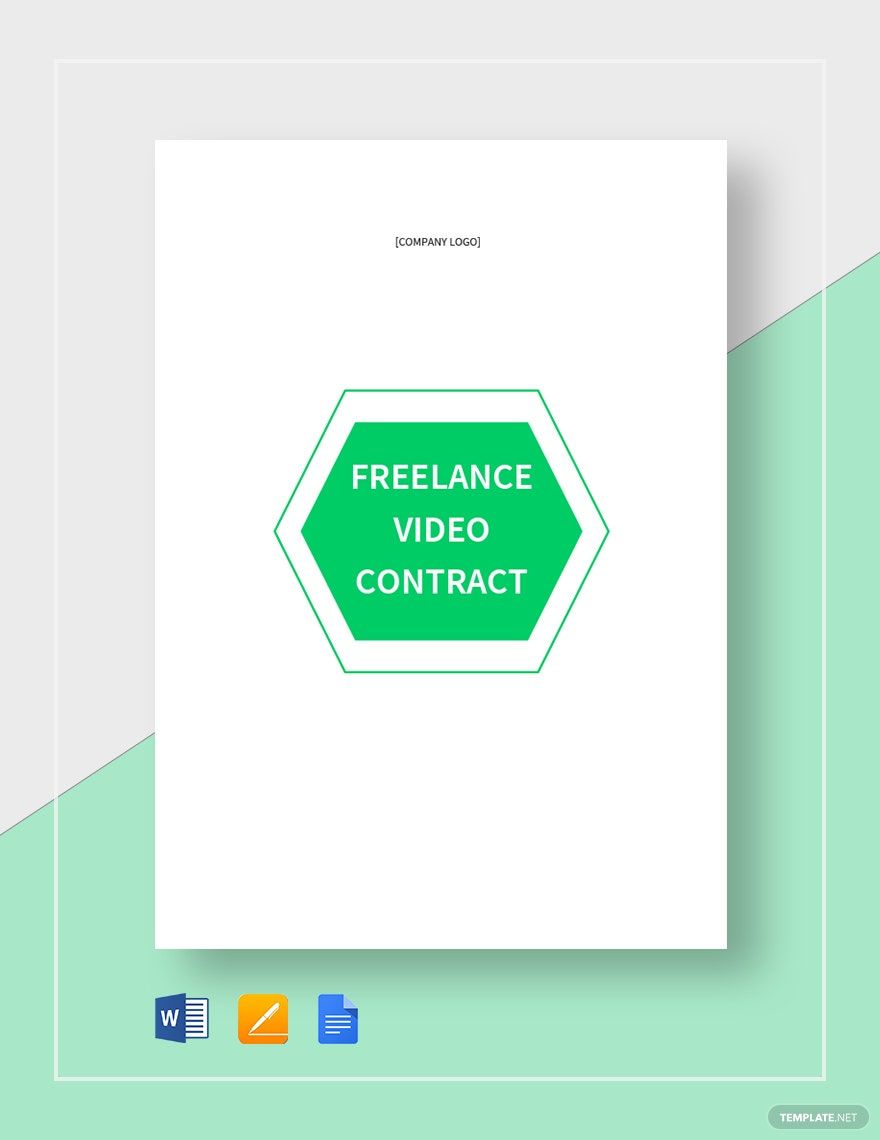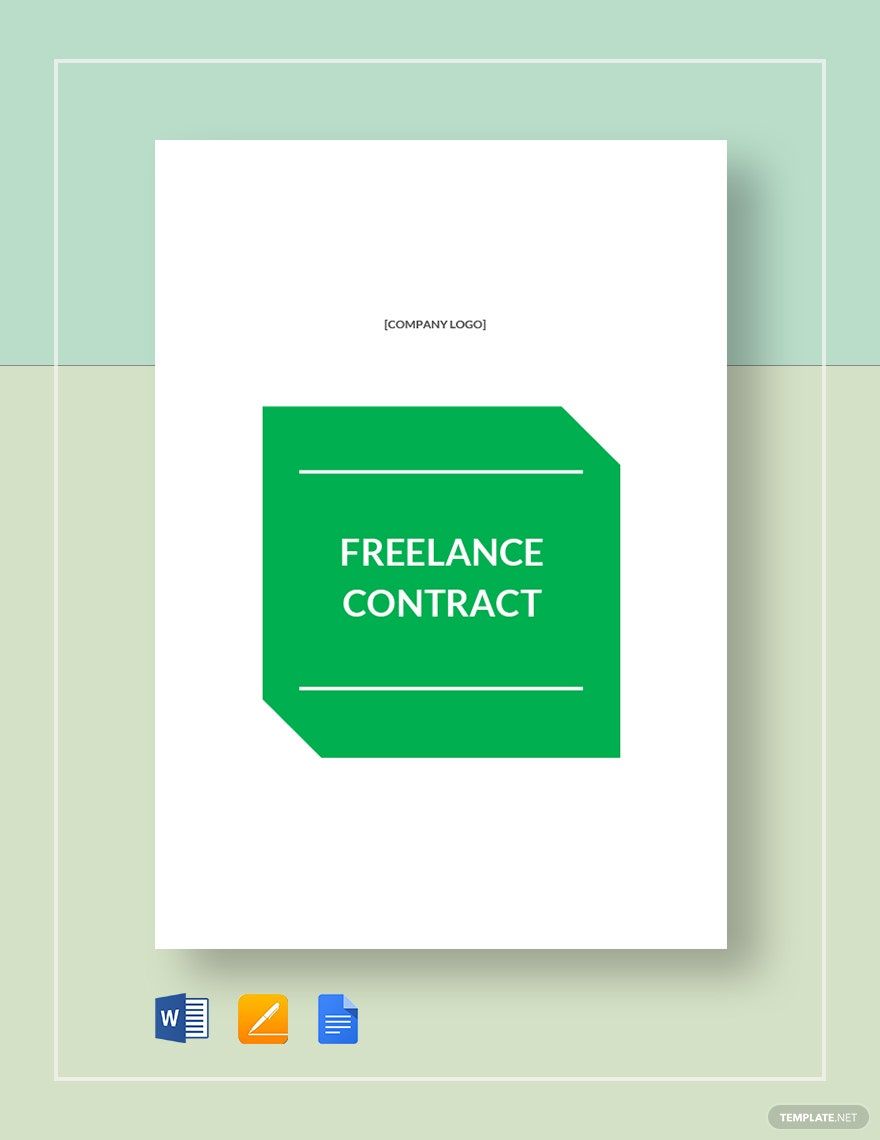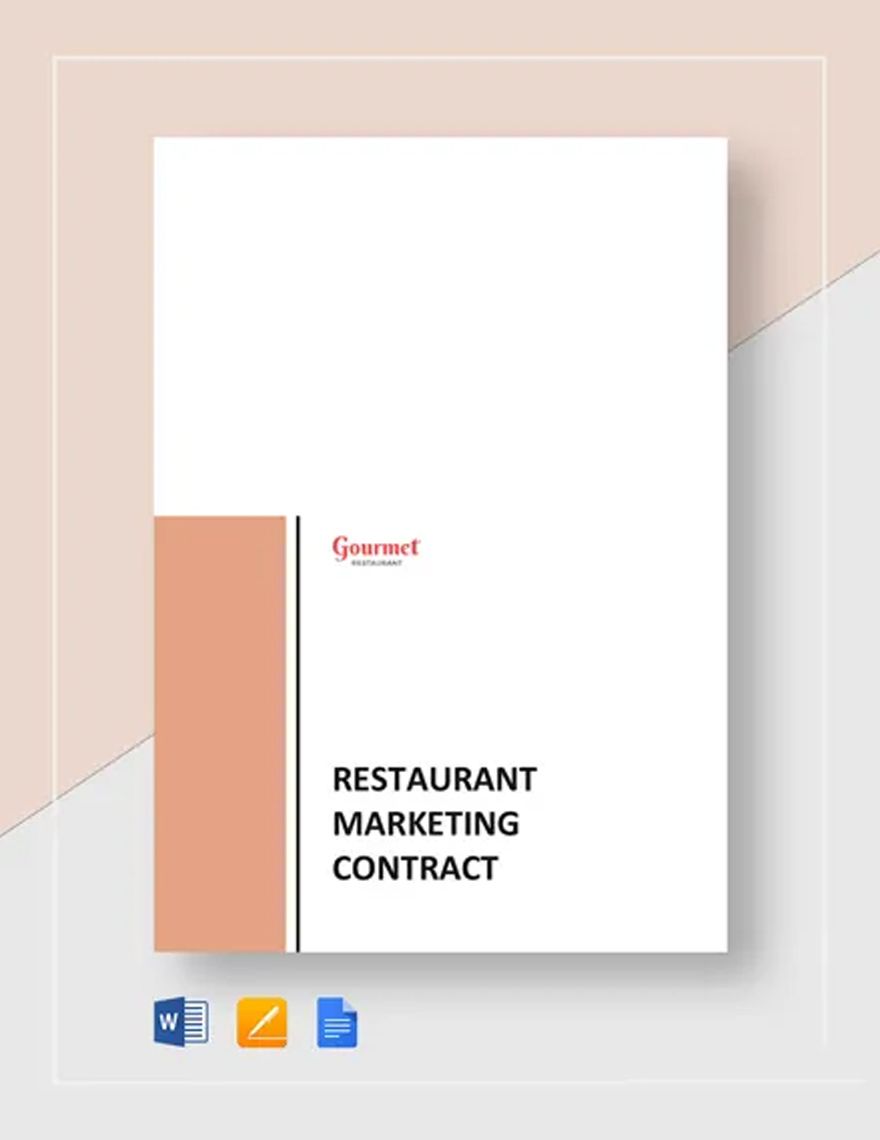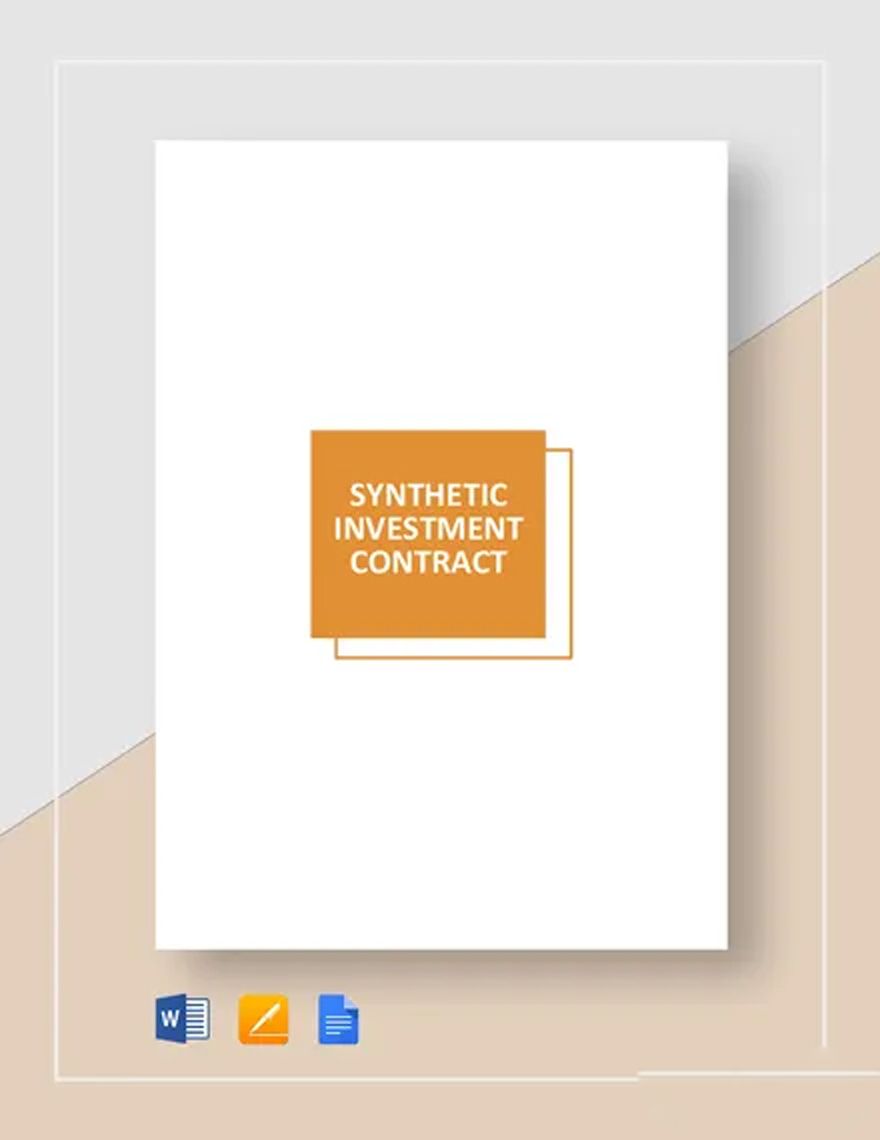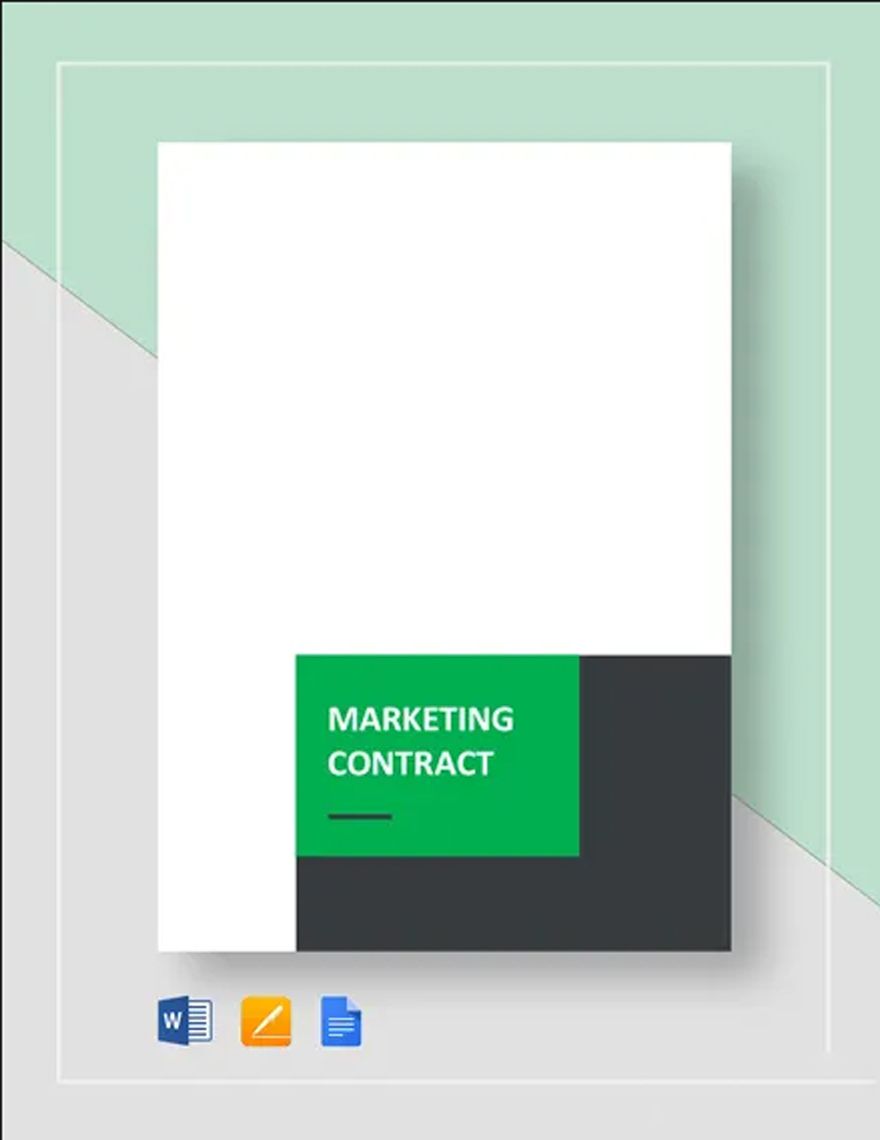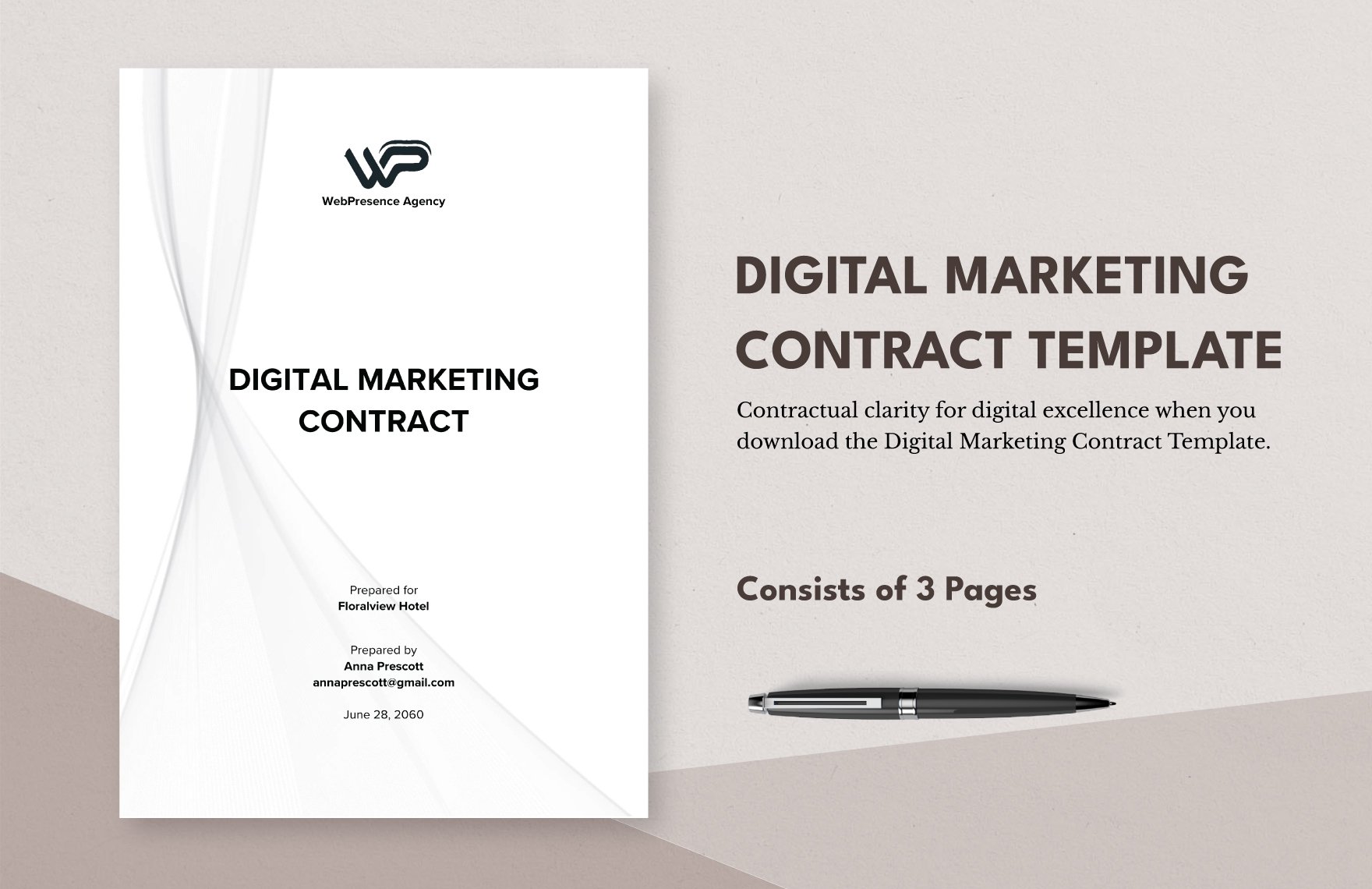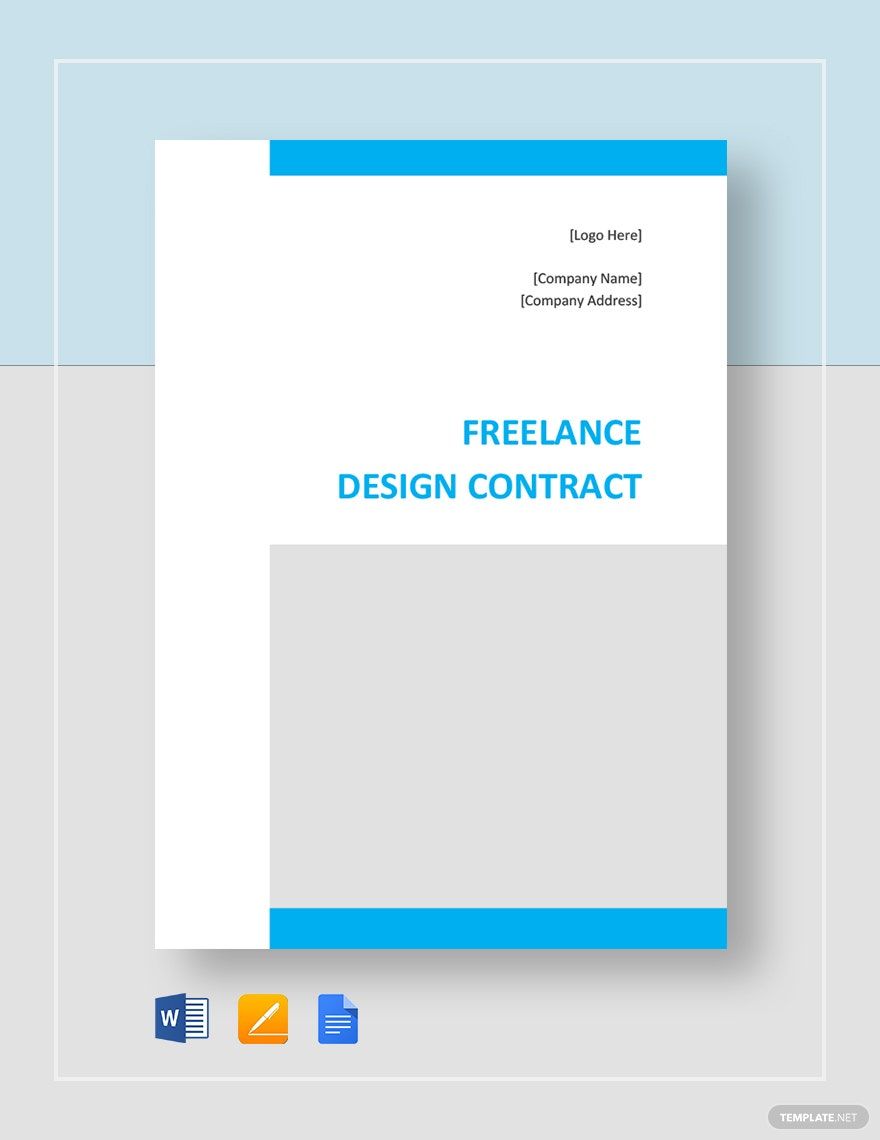Specify your terms with your client before signing a business deal or providing your products/services. Use a well-written freelancer contract to save mutual interest that distinguishes your scope of work, how much money you will receive, and other stipulations agreed between the parties involved. Start developing a relevant contract using any of our ready-made Freelancer Contract Templates! These are printable and easy to customize. These also contain relevant content and terms that will match with your interest. Subscribe and download a contract template now!
What is a Freelancer Contract?
A freelancer contract is a legal agreement between two parties: a freelancer and a client. This document includes the essential deals that both parties arranged for a project. It also contains the agreed-upon terms, the scope of work, payment terms, and more. These can be freelancer contracts for marketing, social media management, consultation, and more.
According to The Balance Careers, within 24 hours, 25% freelancers say they can find work whenever they look for it. However, to protect yourself better from any possible disagreement with their clients, it's crucial to create freelancer contracts.
How to Create a Freelancer Contract
Being a freelancer is undoubtedly an excellent independent employment status. Below are some tips to help you develop yours without a hitch.
1. Provide the Scope of Work
You wouldn't wish to work in freelance web design, freelance writing, or freelance graphic design without knowing your deliverables, right? That's why you should talk with your client about your scope of work in your business contract. This agreement will determine what range or up to what extent your work is.
2. Include Payment Terms
One of the essential clauses in your service contract is the agreement on the payment terms. Money can become a heated topic if you don't layout your terms well enough. That's why it's vital to write precisely how much your salary is, the dates of compensation, and the payment method in your contract.
3. Set the Timelines
Every project must end in the production of good results and end products. So, make it part of the legal agreement to include the deadline for each task. Also, include the consequence(s) if any party fails to deliver on time.
4. Write Termination Terms
No one wants to work with someone who doesn't follow the terms and fulfill their obligations. That's why there's a portion of the contract that deals with that—the termination agreement section. Speak with your client about the grounds for termination of the contract. But before you finalize this, make sure that those involved agree to the stipulations.
5. Associate It to an Applicable Law
Contracts are legal documents. So, you must craft and form it with the guide of your state's laws. The laws will guard you in case the involved parties have a dispute and need legal operations.
